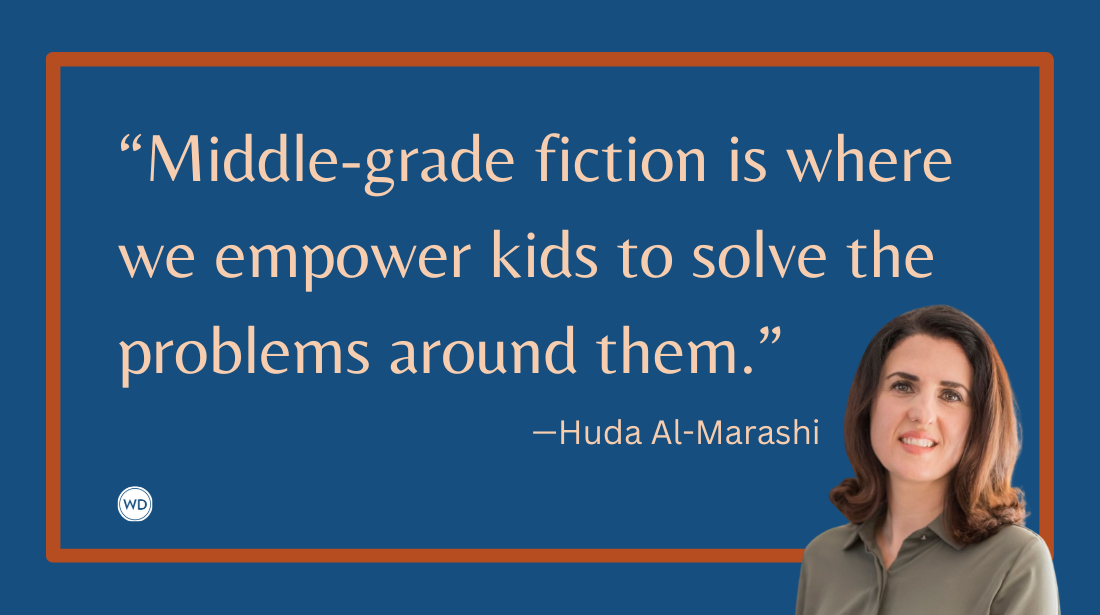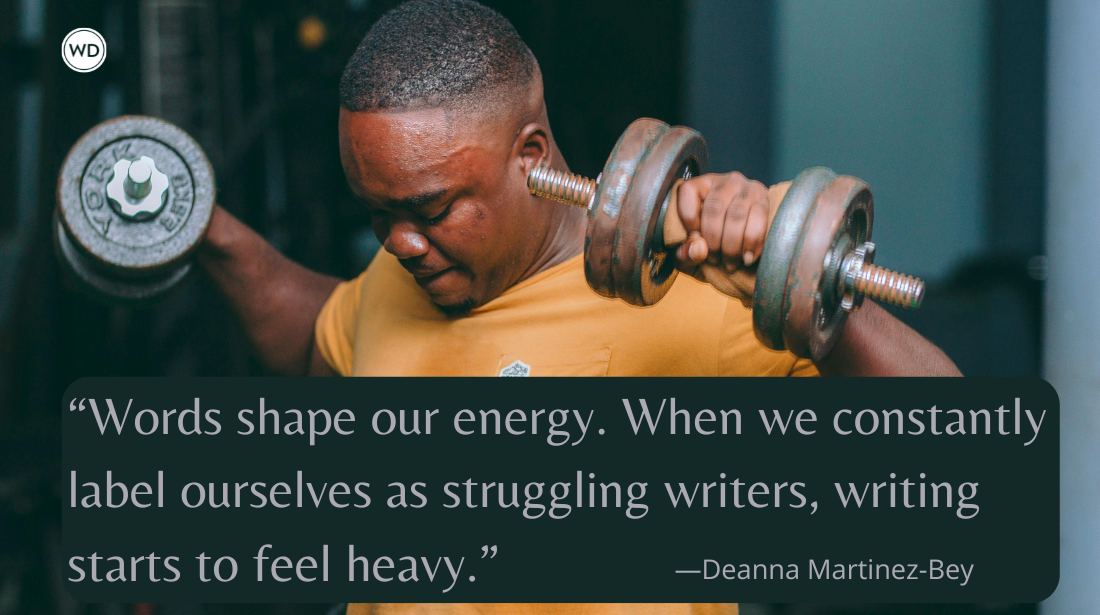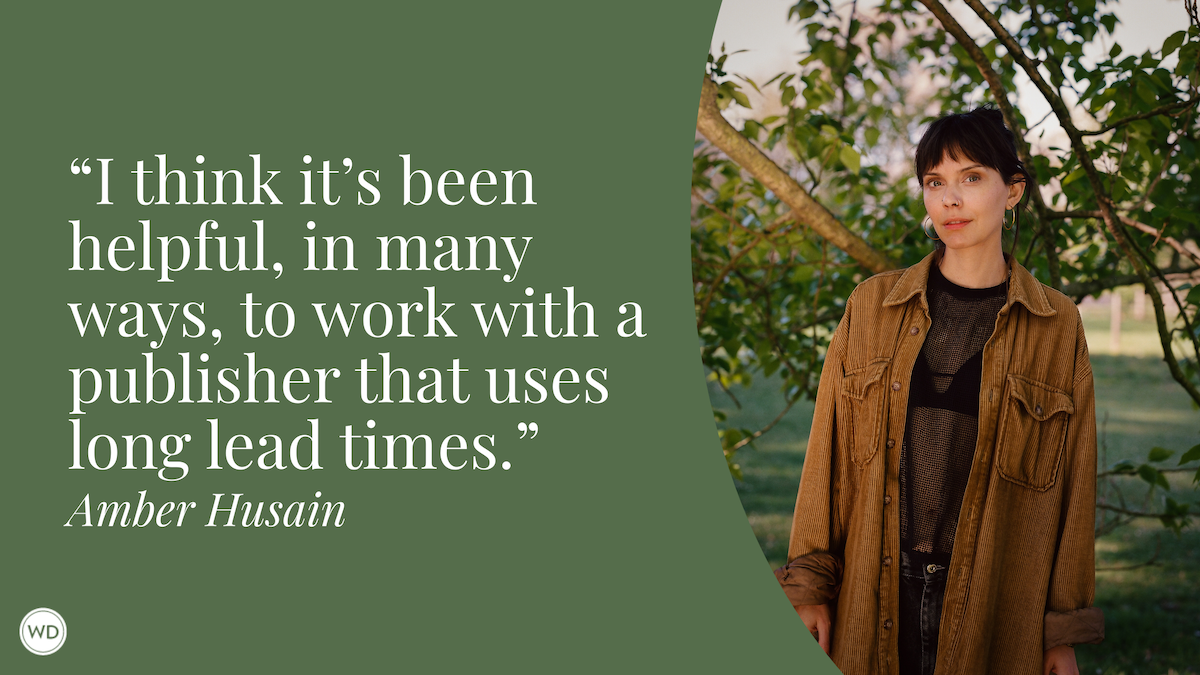Catherine Newman: Do Not Discount the Power of Momentum
In this interview, bestselling author Catherine Newman discusses returning to a familiar fictional family in her new novel, Wreck.
Catherine Newman is the New York Times-bestselling author of the memoirs Catastrophic Happiness and Waiting for Birdy, the middle-grade novel One Mixed-Up Night, the kids’ craft book Stitch Camp, the bestselling how-to books for kids How to Be a Person and What Can I Say?, and the novels We All Want Impossible Things and Sandwich. Her books have been translated into a dozen languages. She has been a regular contributor to the New York Times, Real Simple, O, The Oprah Magazine, Cup of Jo, and many other publications. She writes Crone Sandwich on Substack and lives in Amherst, Massachusetts. Follow her on Instagram.
In this interview, Catherine discusses returning to a familiar fiction family in her new novel, her hope for readers, and more.
Name: Catherine Newman
Literary agent: Jennifer Gates
Book title: Wreck
Publisher: Harper
Release date: October 28, 2025
Genre/category: Literary fiction
Previous titles: For adults: Sandwich; We All Want Impossible Things; Catastrophic Happiness; Waiting for Birdy; For kids: What Can I Say?; How to Be A Person; Stitch Camp
Elevator pitch: This is a book about uncertainty: Rocky, a woman in her 50s, worries about a spreading rash that eludes diagnosis at the same time as she becomes obsessed over a tragic local accident that may be closer to her than she realizes. (But it’s mostly just conversations with her husband, grown daughter, and elderly dad.)
What prompted you to write this book?
I have had a personal interest in the deeply unnerving experience of diagnostic uncertainty. Very, very personal, if you know what I mean. Also, I am a person who relates intensely with Rocky’s preemptive grief or rubbernecking grief—whatever it is that this should best be called. I wanted to write a book that would examine these two sides of the same fundamental question: How do we live now when we don’t know what happens next?
How long did it take to go from idea to publication? And did the idea change during the process?
It’s hard to quantify this process because it involves a long period of something I call “wool gathering”—this is me writing down thoughts and funny things and snippets of conversation while I try to figure out what the obsession is that’s tying it all together. So, in that way, Wreck started while I was still working on Sandwich—just two different stages of work. Then there’s the writing itself, which I do quickly—in under a year—because momentum is the only thing that can carry me to the end of a project.
Were there any surprises or learning moments in the publishing process for this title?
I worried that my agent and editor would be unhappy that it was the same family from Sandwich. I had thought about making it a different family but, in the end, it just didn’t work that way for me. These characters had more to say, and so I let them have at it.
Were there any surprises in the writing process for this book?
Many, many of the conversations that Rocky has with her dad are conversations I’ve had with my own father in real life. But then it is almost uncannily easy for me to make up conversations between them—I can hear it in my head, exactly what my dad would say, what I or Rocky would say back. And I think he was genuinely confused when he read the book about whether some of the scenes were fictional or not. It’s always creepy and weird for writers to talk about channeling or whatever—as if it’s not all just coming out of their own brains. But sometimes I have this weird dreamy feeling that the words are somehow mine but also coming from some other place. Ha ha ha! Someone get this girl The Complete Works of Carl Jung!
What do you hope readers will get out of your book?
Oh, I always want the same outcome. I want people to laugh, AND I want them to feel less alone. When people write me and the vibe of their message is “OMG same!” I feel like I’ve done the thing I hoped to do. With this book, it has a lot to do with a certain kind of anxiety, also with the crazy medicalized experience of a weird diagnosis (e.g. endless lab work, specialists, insurance nightmare, bizarrely inscrutable results dinging into your patient portal). And also, as always, grief, and also the unwavering love inside a family.
If you could share one piece of advice with other writers, what would it be?
This is not good advice for everyone, of course, because we all do it differently, but it’s this: Do not discount the power of momentum. The forward and urgent movement of the story forward toward its conclusion. I write a book beginning to end—without skipping any scenes or difficult parts—and only then do I go back in to mull and revise and edit and rethink parts that might not be working. I feel like this is what pulls me out of bed to the computer every morning. Forward movement.








